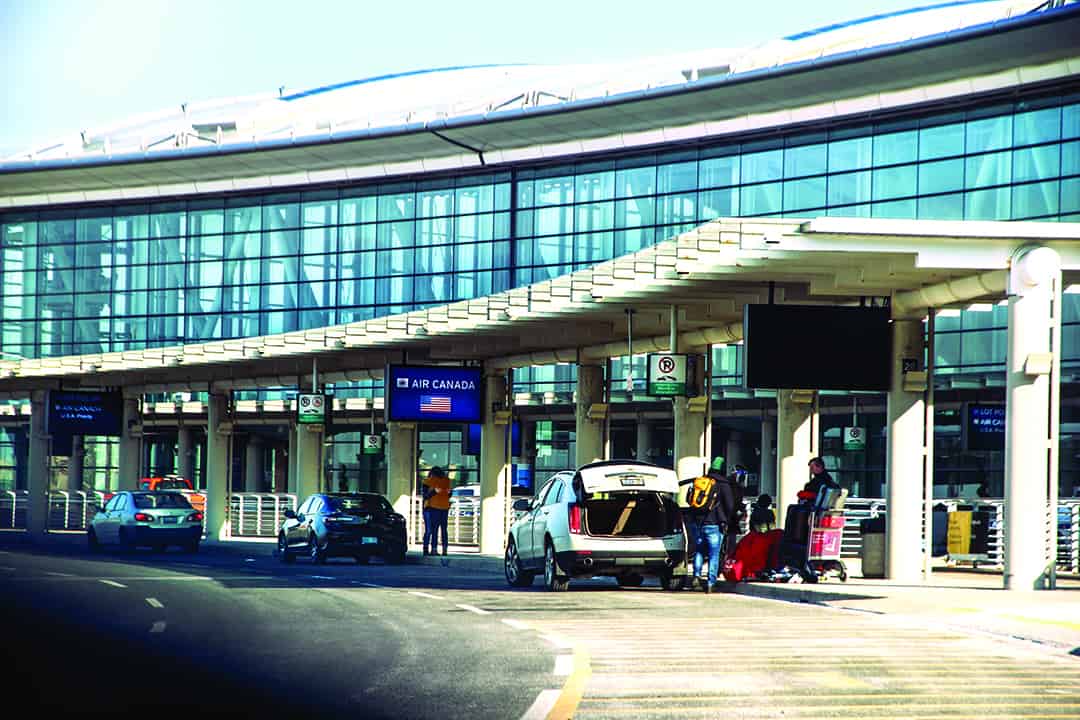U of T often does not take the needs of its international students into consideration. While the university takes pride in the prestige that the large international student population brings, very few administrative decisions are made with us in mind, which has led to significant challenges.
Many in staff positions among college and faculty structures have tried to alleviate these challenges, but the root cause for most problems international students face lies with the senior administration’s conduct over the past pandemic years.
A recent example of this was the university’s decision to cancel all in-person exams starting on December 16, 2021 and to move course instruction online until January 31, 2022. This decision was announced on December 15, 2021 — almost three weeks after the Omicron variant was first detected and two weeks after the Canadian government had officially banned foreign nationals from ten African countries from entering the country. The fact that the universityʼs decision was made so late reveals a significant disregard for international studentsʼ needs.
The discovery of the new variant increased the chance of further travel bans over the holidays and winter break. This put international students in an extremely uncertain situation as they were forced to make a decision on whether to stay in Toronto for the break or risk going home, potentially unable to return to Canada in time for the winter semester. This was especially true for students from countries the Canadian government had previously imposed prolonged strict travel bans on, such as India, since they could no longer be sure whether they would be allowed to re-enter the country. Meanwhile, U of T remained silent, offering no support to its international students worrying about the Omicron travel bans prior to the December 15 statement.
Of course, U of T has to make decisions that are informed by provincial and federal guidelines, which means that it can take time for the university to make announcements to the student body. However, instead of leaving students alone in these uncertain situations, the senior administration should be more transparent about its plans of action for different scenarios and communicate with students in a more timely manner. For example, if the university had informed international students of the online instruction accommodations available — should they be forced to miss the beginning of the winter semester due to travel restrictions — it would have eased a lot of stress for international students.
A better handling of the situation would have required both a more proactive approach to the pandemic and a greater understanding of student — especially international student — conditions. While different plans of action may have been discussed and put in place internally, a more proactive approach also involves more transparency in order to be effective. If the student body is not aware of the possible changes that could happen at U of T when new COVID-19 variants surface, preparation falls short and negatively impacts the end result.
Speaking of preparation, it was to be expected that case numbers would increase again with colder temperatures toward the end of the semester, which is already a stressful time because of midterms, final assignments, and exams. Hence, many students were so busy during that time that it was difficult to find the mental and emotional capacity to make decisions with potentially far-reaching consequences. Furthermore, there was likely added academic stress, especially for first- and second-year international students with less experience leaving and entering Canada.
Another factor that affects all students whose families don’t live in Toronto, but especially international students, is that flights become more expensive toward the end of the year. The Faculty of Arts & Science notoriously releases its exam schedule late in the semester, which barely leaves time to properly plan travel under normal circumstances if you don’t want to pay an exorbitant amount of money to go home over the winter break. The sudden cancellation of in-person exams this fall semester meant missed chances to return or spend more time at home for many students because of the high prices of travelling, assuming a flexibility most international students don’t have.
While the move to online instruction for the first three weeks of the winter semester is certainly helpful for international students who might have had to miss the start of the semester otherwise, the change was announced so late that most people had already made their travel plans. Additionally, why didn’t the university administration just push back the start of the winter semester as it did in 2021? A decision such as this would have made it easier for international students to return home from countries with long and strict quarantine requirements, such as China.
U of T had over 13,000 Chinese international students in the 2020–2021 academic year, and international students in general make up more than 20 per cent of the student body. Our financial contributions to U of T’s annual budget exceed those of the provincial government. Regardless, international students deserve to be considered properly in the administration’s decision-making. We need a comprehensive, transparent, and timely overview of the plans of action for different scenarios, and the support and accommodations available to all students.
Luise Hellwig is a fourth-year human geography and political science student at University College. She is one of the administrative coordinators for the International Studentsʼ Advocacy Network at U of T.


